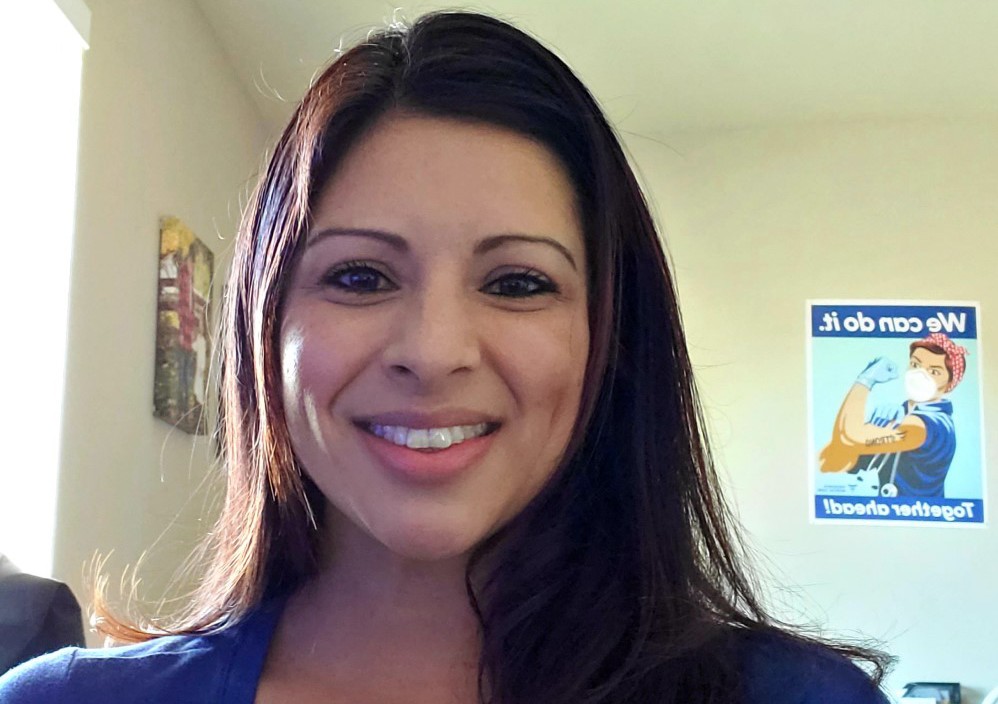Maria Garcia Anguiano is Fresenius Medical Care’s Senior Director for State Government Affairs with responsibility for 10 western states, including California. She is based in Sacramento.
How long have you been with Fresenius Medical Care?
I joined the company in 2019 and will be here five years this May. I previously worked as a lobbyist representing a variety of clients and prior to that as a staffer for several different members of the California legislature.
How would you describe what you do?
I serve as a liaison between our company and the government agencies that regulate us and the legislators that pass laws that impact us.
The Number 1 thing I do is defense, making sure that legislative and regulatory proposals don’t have unintended consequences when it comes to dialysis patient care and what we do.
What’s the best part about what you do?
Advocating for patients and being part of the positive movement in health care that Fresenius Medical Care is front and center on. I like helping people see how kidney health fits into the bigger picture.
I also really enjoy interacting directly with our centers, particularly when we bring policymakers into our facilities to teach them about the critical nature of what we do and to introduce them to our frontline heroes and patients. We like to bring policymakers into the center because it helps them understand the impact of what they do – how the policies or laws they are considering will impact the people and patients we serve.
I’m very happy that we are restarting this program after pausing due to the pandemic. I expect to be visiting a handful of centers this spring with California legislators.
What are some of the groups you work with?
We participate in a number of groups in California to help advance kidney health and partner on issues that affect the healthcare and business communities. Chief among these is the California Kidney Care Alliance (formerly known as the CA Dialysis Council), which is made up of nephrologists, nurses and dialysis providers, and serves as a resource to healthcare providers, the public, and members of the Legislature, and State Agencies to ensure California’s public policy environment cultivates broad access to high quality kidney care.
What are some of the issues you are currently tracking?
Dialysis is so unique in terms of our patient needs, how we operate, and how we are reimbursed that we have to pay very careful attention to a wide variety of issues.
A couple of the current things I am monitoring have to do with the implementation of previously passed legislation.
- California is facing a projected $38 billion budget deficit, which could impact the implementation of S.B. 525, the legislation passed last year to increase the state minimum wage for healthcare workers to $25 per hour.
- The Office of Health Care Affordability, which was created by Legislation in 2022 to focus on slowing health care spending growth, promoting high value system performance, and assessing market consolidation, has recently released a proposed statewide spending target and Alternative Payment Model Standards to financially incentivize equitable, high-quality, and cost-efficient care.
Additionally, there are several pieces of legislation on our radar. They have to do with Medi-Cal coverage of medically supportive food and nutrition interventions; coverage of social determinants of health screenings and provider protocols of conducting such screenings; enactment of the Nurse Licensure Compact; and prohibiting the denial or conditioning of Medicare supplement coverage during open enrollment based on an applicant’s health status, claims history or other factors.

